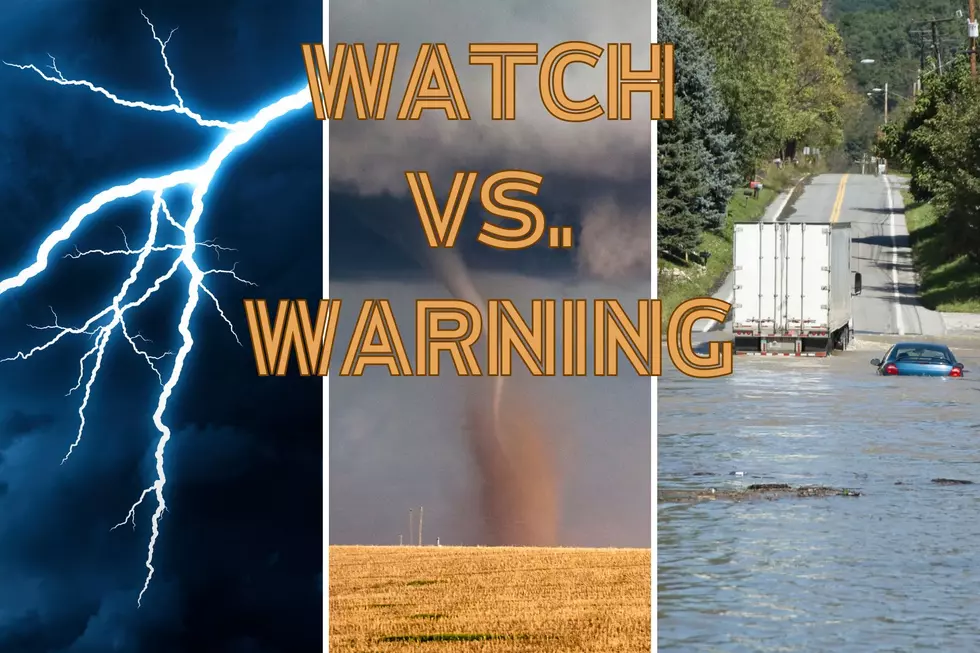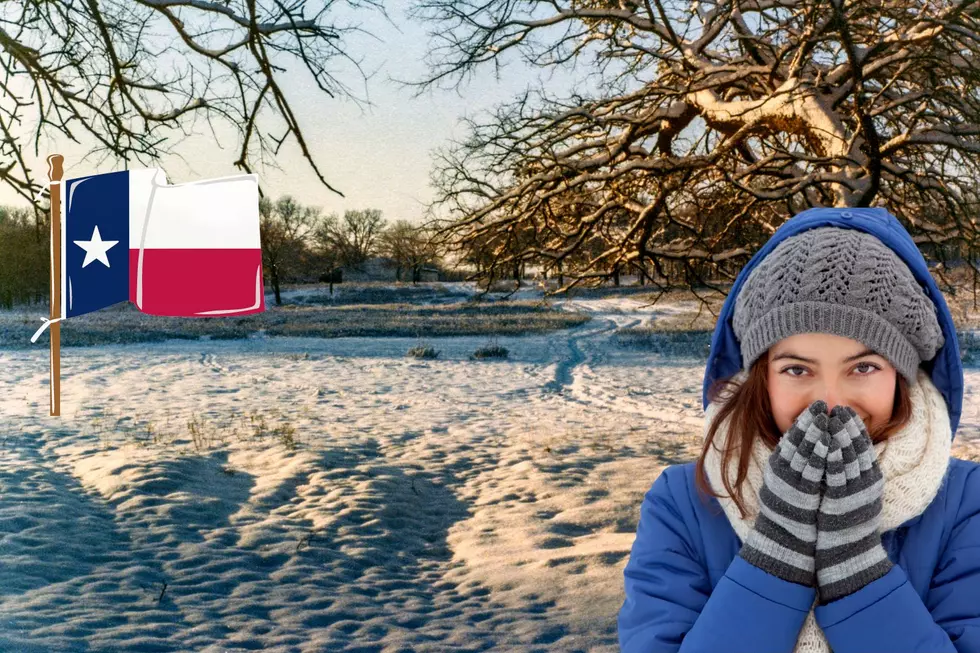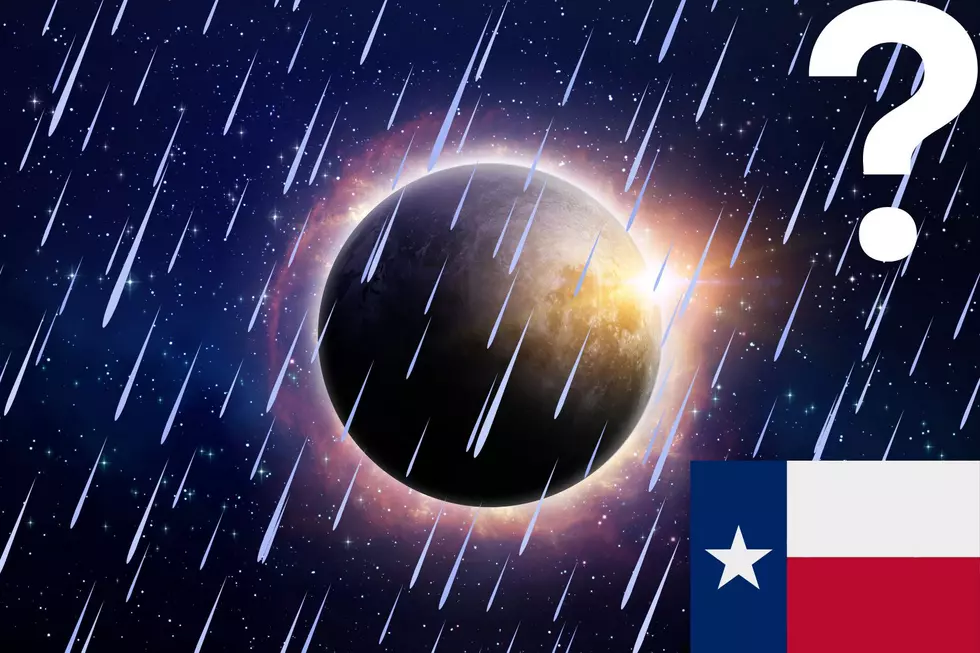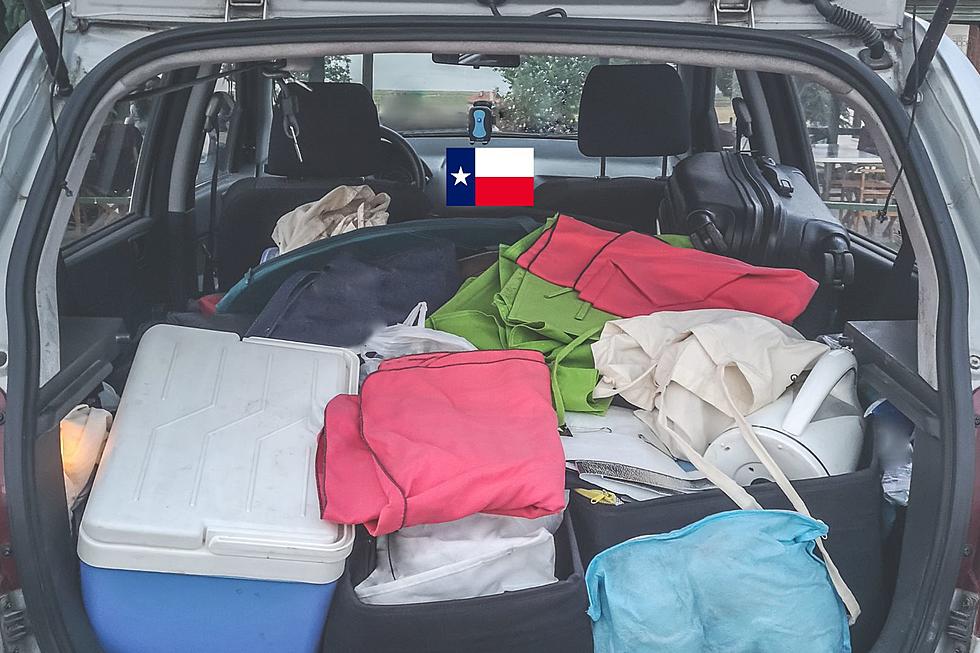
Things You Should Never Leave in a Freezing Car
The weather this week is pretty warm for January, but we have a feeling winter isn't done with us just yet. There are several things that could be ruined if we leave them in a freezing car, like meds. What else?
If you've ever tried to play the guitar the day after your beloved acoustic has spent the night in a freezing car, you know the sound isn't exactly full. It's out of tune, and it sounds like it's in pain as if, well, it's been suffering through freezing temperatures all night long and needs a cup of hot cocoa. Cold weather makes things contract, and the wood on a guitar can be damaged if the instrument sits in a deep freeze for too long. The strings don't like it either. For this reason, and many others that mostly involve talent level, I am no longer in a band. Whoops!
The Huffington Post pointed out several other items that could be damaged if we leave them in a freezing car. We're not in danger of having a freeze this week in East Texas, but history tells us that a few more freezes are coming this winter before we start warming up and feeling more spring-like and Texas-y.
7 Things You Should Never Leave In A Freezing Cold Car, according to the Huffington Post
1. Medication. Most medications need to be stored between 68 and 77 degrees Fahrenheit in order to work properly. The last thing you need is to be hit with a migraine and not have effective meds to deal with it.
2. Musical instruments. Even if the violin or guitar warms up and seems to work properly, it could slip out of tune more frequently after a freeze. That could seriously impact plans to be rock stars.
3. Canned soda and beer. Pockets of carbon dioxide can build up pressure and cause the cans to explode. It's okay to want a cold one, but there are better ways to go about it.
4. Canned food. Again, explosions can happen because liquids expand when they're frozen. And if the can cracks bacteria can get in, so double oops.
5. Eggs. When the liquid inside the egg becomes frozen, it expands and can crack the shell, and then, of course, it’s not safe to eat.
6. A near-empty gas tank. The gas itself isn't going to freeze, but cold gas gets thick and heavy and then the fuel pump has to work harder to keep up and it might not last as long as it should. And, the water or vapor could freeze and block the fuel line. Wow, I'm such a gearhead! Not. I just read a lot and listen to my dad who is wise about these things.
7. Your cell phone or tablet. We know direct sunlight is bad for devices, and freezing temps also don't do them any favors. The recommended temperature range for devices is 32 to 95 degrees Fahrenheit to keep the battery in good health.
It would help if we lived in a spot where it's always sunny and 72, but since we don't, we'll have to haul things into the house once in a while to save ourselves some hassle down the road. Spring is coming.
LOOK: 20 tips to help your houseplants survive the winter
More From KKTX FM









